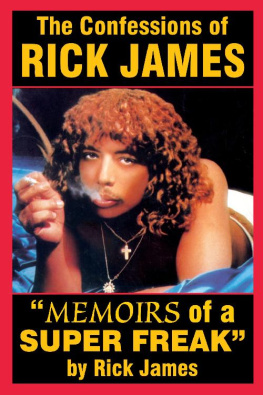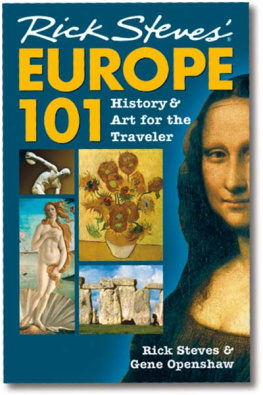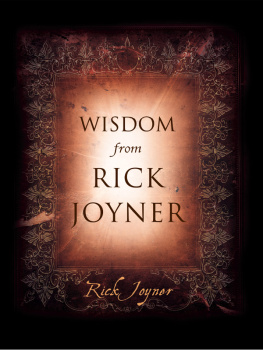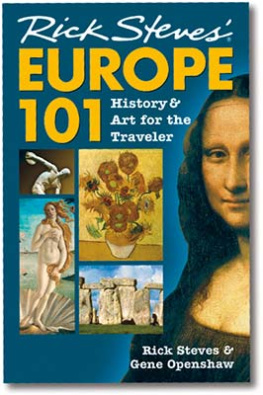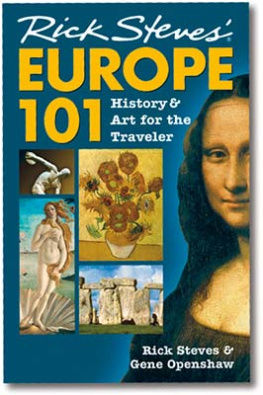Child of My Winter
A Rick Van Lam Mystery
Andrew Lanh
Poisoned Pen Press
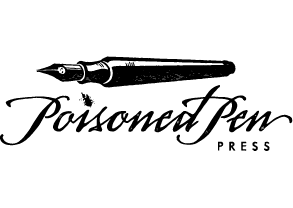
Copyright 2017 by Andrew Lanh
First E-book Edition 2017
ISBN: 9781464208492 ebook
All rights reserved. No part of this publication may be reproduced, stored in, or introduced into a retrieval system, or transmitted in any form, or by any means (electronic, mechanical, photocopying, recording, or otherwise) without the prior written permission of both the copyright owner and the publisher of this book.
The historical characters and events portrayed in this book are inventions of the author or used fictitiously.
Poisoned Pen Press
4014 N. Goldwater Boulevard, #201
Scottsdale, Arizona 85251
www.poisonedpenpress.com
Contents
Child of my winter, born
When the new fallen soldiers froze
In Asias steep ravines and fouled the snows.
W. D. Snodgrass, Hearts Needle
Late Saturday night a light sleet pings the old windows of my apartment. Drowsy, I switch on the TV. Midnight: Turner Classic Movies is showing The Deerhunter . Vietnam all over again. Its a movie Ive resisted because the fierce gunfire and brutality and napalm-burnt landscapes drag me back to my boyhood at the orphanage in SaigonMost Blessed Mother Catholic Orphanage.
But Im a grownup, I tell myself as I wrap myself up in my warm quilt comforter, a birthday gift from Gracie, my landlady and good friend who lives one floor below me. Hot cocoa in a mug, untouched and now filmy and cold.
My eyes keep closing, then opening, tired but strangely alert. Then, horribly, that chilling scene arrives when maniacal Cong guards and the terrorized American GIs play Russian roulette. One bullet in the chamber. Your turn. Fire. Hesitate. Stark horror on the American faces. The demonic faces of the Congeyes hard as flint, twitching fingers.
Do it. Do it. Mau di di.
I freeze.
A pistol to the head.
Hurry. Now. Quick. Now. Do it. Move. Move.
Frantically I switch off the TV.
Those horrible words. Mau di di.
Maybe Im ten or eleven, living in the orphanage since around age five, dropped off by a weeping mother who disappeared into the ruins of Saigon. Not SaigonHo Chi Minh City now. Doc lap va Tu do. Independence and Freedom. The words drilled into our schoolboy souls, our morning mantra. No matter because Im the hated child, bui doi , a child of the dust, awful breed of that frightened mother and some breezy American GI.
Occupying the far back corner of the barracks, my narrow cot under the dripping walls where the mice chatter at night and water bugs crawl onto my eyelids when I sleep, I spend my days dreading the shoving, the sneers. Satans child. Mongrel American. Sister Do Thi Bich uses me as a moral exemplum of failure and some sort of original sin. Me, bastard boy.
On a hot August day, so humid my baggy blue shorts and white shirt melt into my skinny body, I line up with a dozen other boys. A fat man with a piercing laugh points us into two old Russian Malotova trucks. Drivers waiting, cigarettes bobbing in their lips. The nun warns us to behave, to follow orders. To listen and obey. She glances at the fat man and smiles nervously. Shes afraid of the Communists, I know. We all are. The North Vietnamese swagger and spit and curse. Men in hard-pressed uniforms stomp into the chapel during services and watch us. The nuns clutch their rosary beads and look into their laps.
We ride for an hour, bouncing in the truck with bad springs. A boy shoves me when my body falls into his, and the others jeer. The American cant sit still.
I push back and we tussle. Someone punches my neck, another pulls my hair. Disorder. The driver hears the commotion behind him and leans on his horn. If I have to come back there He taps the small window behind him with a pistol. We get quiet.
Were dropped off twenty or so kilometers outside Saigon, near Long Thanh, near old supply buildings, ramshackle structures with rusted corrugated-tin roofs and shot-out windows. A man shambles toward us, lines us up, and announces our work for the day. We will clean the fields around what he calls the depot, gather the scraps of wood and metal and glass scattered around, half-buried or leaning up against the sprawling buildings, haul off debris, and toss it into a truckbed.
Americans died here, he tells us. Cowards.
He spots me as I lean on one foot, and scowls. Americans.
Hes from the north, I know from his rough, unlovely accent, an old crusty veteran from the National Liberation Front. Uncle Hos followers. Missing his right arm, he swings his left wildly. A skinny, leather-faced man, shabbily dressed, he stumbles over his words, looks away, then back, each movement of his face a lesson in whats wrong with war. His shorn head reveals scar tissue and part of an ear missing. One of his eyes isnt there. Captain Le. You will call me that. Then he repeats it. One of the boys snickers and the man jumps so quickly that we all start, nervous. Hes crazy.
While we work, he disappears into a shed, but soon summons two of the boys. They drag an old metal chest outside, snap it open, and Captain Le holds up a military uniformor the remnants of one. A moth-eaten shirt with stripes on the shoulders. Boots without laces. A helmet.
An American deserter, he announces. A coward.
At midday, exhausted under the blazing summer heat, we are given water and a bowl of rice. Captain Le disappears for two hours, but when he returns, hes blind drunk, staggering. His one lazy eye focuses. American boy, come here.
As I stand in front of him, he nearly topples, rights himself, but points at me. Broken fingernails, black, chipped. You tried to kill me.
I keep my mouth shut, my heart racing.
He turns to the other boys. When we capture American infidels, we do not kill them. Yes, maybe some torture. A bamboo cage. A sickly grin. But we make them into animals. He reaches back into memory. Then he shouts at me in garbled English:
Xo ren doo dai
Not mu
Xai lon
Go quich
A memorized list of brutalized English commands for the captured American soldiers: Surrender. Dont move. Silence. Go quick.
He spots the American uniform on the ground. American, he yells at me, wear it.
I dont move.
Mau di di. Hurry. Now. Move.
The other boys, nervous at first, begin to laugh. Tottering, Captain Le yells for them to put the helmet on my head. One of the bullies, thrilled, grabs my arm and twists it. Another grabs my sleeve.
I squirm, fight them, but its useless. They lock my arms behind my back. The helmet drops on my head, so large it covers my face. My shirt is torn off, replaced by the wormy shirt. Finally they strap me to a bamboo post jutting out of the ground.
Mau di di . Hurry. Now.
They circle and jab, kick, but then get bored, as the captain demands they get back to work. You are all lazy. Theres a reason none of you has a mother. They leave me hanging for an hour, my head dipped from the heavy helmet, my arms hanging by my side. The musty old cloth smells of rat droppings, ancient sweat, decay
The sun beats on my exposed neck. I pass out.
When a superior drives up, hes furious, demanding Captain Le release me. I topple to the ground.
Back at the orphanage, delirious, Im carried to the room where the sick boys convalesce. Alone, writhing, crying, the back of my neck so burned I cant find a comfortable spot on the cot, I have wild dreams: the American soldier in his uniform looking at me, a maniacal smile on his lips. Mau di di. I cant lift the helmet offit weighs a ton. My neck snaps. I hear my mothers voice as she says goodbye.
When I wake up, sweaty, parched, I look into the face of Sister Mary Chi Hanh. Shes a new nun, the quiet one who always looks nervous. Sitting on the edge of my cot, she dabs my forehead with a damp cold cloth. Seeing me awake, she rushes to give me a sip of water. It dribbles out of the corners of my mouth. When she speaks, she has a slight accent. Maybe French, I think. A whisper.
Next page

